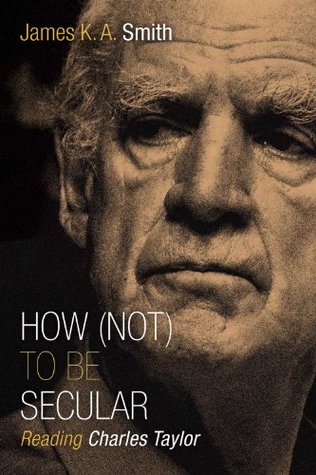“But if this is right,” Taylor comments, “then we, the dependent, created agents, have also to relate to these things not in terms of the normative patterns they reveal, but in terms of the autonomous super-purposes of our creator [which can’t be known a priori]. The purposes things serve are extrinsic to them. The stance is fundamentally one of instrumental reason” (p. 97). Part of the fallout of such a metaphysical shift is the loss of final causality (a cause that attracts or “pulls”), eclipsing any teleology for things/nature. Understanding something is no longer a matter of understanding
...more
Welcome back. Just a moment while we sign you in to your Goodreads account.


